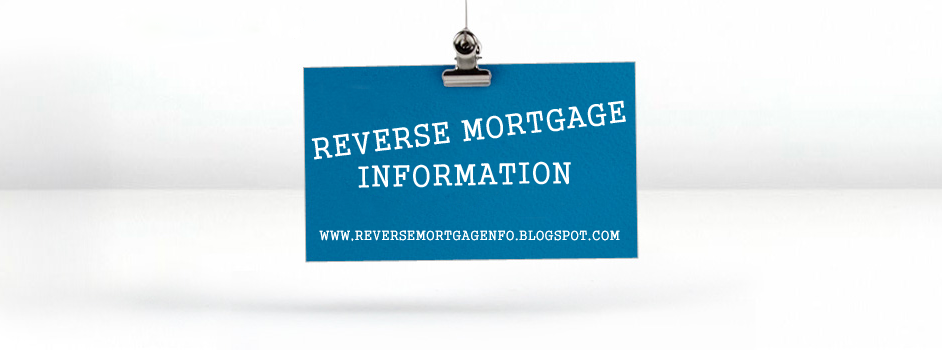Times are hard for the seniority facing economic depression, in spite of the monthly pension that is offered to them by the local government. Quite often, senior citizens don't have the suitable money to help themselves in lieu of medical costs, Social Security contributions, home repairs and maintenance. What they frequently have is an expensive home which doesn't really provide them the necessary benefits to support their way of living. The option to loan profit using the home's value is there, but the imposition of the monthly interest for borrowing money can only worsen their financial obstacles. Good thing there's a further choice known as reverse mortgages.
What exactly is a reverse mortgage? Perhaps it's better described as a method that offers you the advantage to convert your resources into profit, but this time, without the hassle of paying for monthly installments. It is an appealing program for lots of seniors in desperate need of stable cash inflow. To confirm that point, you only need to look at the statistics proving the incredible expand of reverse mortgages from 18,000 in 2003 to approximately 107,000 in 2007 (source: U.S. Department of Housing and Urban Development).
Furthermore adding to the advantages of reverse mortgages over any other loaning programs is having an opportunity to receive the monthly payment in three ways, that are as follows:
*One time payment
*Regular payment on monthly basis
*Credit line account
There are also three types of reverse mortgages. Every one of them has different terms and expectations. It is possible to select which type best is applicable to your requirements and potential.
1. Single-Purpose Reverse Mortgages. These mortgages are mainly provided by non-profit groups, including the local and state government. It is the inexpensive mortgage to apply for. The negative aspect here is the fact that homeowners must qualify with certain income restrictions.
2. Proprietary Reverse Mortgages. This type is tied with private companies, and contains fewer qualifying limits. The borrower, on the other hand, will have to pay upfront costs.
3. Home Equity Conversion Mortgages (HECMs). HECMS are generally popular since it is the only type of mortgage that assures the guarantees of the loan are delivered. The local government supports this type of mortgage also.
The minimum age necessary to get a reverse mortgage is 62 years old. You must also be the principal occupant of the house. Besides, the minimal mortgage balance can be paid off with profits from the loan.
The sum given to you monthly is determined by a few aspects. These factors are age, home location, and the home's price value. In simple math, every amount that you are given reduces the price of your home's equity. Plus it's important too to point out that the total loan amount cannot exceed the worthiness of your home's value.
The calculations might be puzzling, specifically for the old timers. But don't worry your age away, for you can find a variety of reverse mortgage calculators on the web.
There can be dangers related to reverse mortgages, so you would do well to obtain the services of a professional reverse mortgage counselor. If you get the details right and have everything in order, your senior years may just turn out to be the best years of your life.

